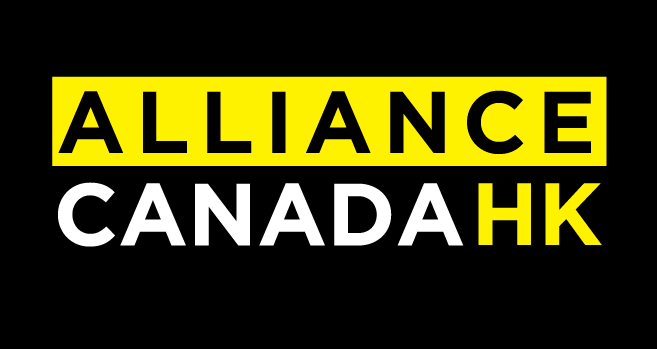ACHK 行政總監王卓妍在二月一日為公民及移民常設委員會作證。
當日的聽證會錄影已經在國會網站上載.
證詞抄錄如下 (英文)
Transcript of Charie’s Testimony:
Bonjour, my name is Cherie Wong and I want to extend my thanks for the opportunity to appear before the committee today. I follow this committee’s work closely. Witnesses before me spoke about the immigration measure which only appeals to a small group of post-secondary graduates from Hong Kong or international students in Canada. I share similar concerns over the narrow reach of the new policies.
Canada’s approach to Hong Kong’s ongoing crisis fails to consider the realities of everyday people of Hong Kong.
The national security bureau has been carrying out systematic surveillance and clandestine operations, including having plain clothes officers stationed at the airports, loitering inside international terminals and boarding areas. We have friends whose travel documents are confiscated, teammates monitored and followed who are scared for their lives, and fellow activists who are arrested while looking for options to leave. The Hong Kong government is even looking at legislation to impose exit bans and further suppress freedom of movement.
This is not a conventional humanitarian crisis, so conventional solutions are not effective for those who need our help.
Last week, IRCC suggested Hong Kongers to apply through existing programs like family reunification, express entry, and UNHCR. These programs may appeal to middle-upper class migrants, but are not accessible for most Hong Kongers.
Most Hong Kongers do not qualify for travel exemptions under the current border restrictions. And many activists cannot leave the city, with travel documents confiscated and exit visas denied.
For immigration programs that rely on points systems. Our team assessed various profiles of well-known activists, none would have high enough scores to be successful under recent draws based on their socio-economic status, age, or professional history.
Most programs request a police check and biometric data. But the Hong Kong Police Force has carried out arbitrary mass arrests, staining many with a criminal record. A police check can be used to inform authorities of activists’ intention to flee the city.
Even if Hong Kongers qualify, they do not have the capacity, resources or the luxury of time to be stuck in bureaucratic processes in these pathways.
I cannot stress this enough: Canada’s conventional immigration and asylum pathways are failing Hong Kongers. We need a cohesive resettlement strategy that puts Hong Kong’s deteriorating situation into consideration.
Hong Kong’s political opposition has been decimated and the network of activists has been severely compromised. Persecution through the NSL has manifested indirectly through regulations at various social, political, legal and judicial sectors: loyalty oaths at the civil service and district councils, banning TV shows, textbooks, and websites, firing teachers and union activists, and mandatory biometrics for professional registration.
We expect the Chinese and Hong Kong governments to shift attention to every citizen who has participated in protests, voted in the democratic primaries, or even posted on social media.
Time is running out for Hong Kongers.
We have submitted a written brief to the committee, outlining our recommendations.
1. Create a dedicated asylum pathway for those fleeing persecution, allowing Hong Kongers to apply for travel documents directly from overseas with the ability to waive border restrictions.
2. Modify existing private sponsorship and family reunification measures to enable Canadian’s extended family members and activists to resettle in Canada.
3. Modernize and expedite the Canadian immigration and asylum system to address the backlog of new and pending claims.
4. Create a clear and strategic communications plan to combat misinformation and promote the various existing pathways for Hong Kongers.
5. Release a plan to support Canadians and their families in Hong Kong. Restore citizenship and permanent residence status, and expedited permanent residence pathways for extended family members
These are not standalone recommendations, but mean to work together to create a comprehensive strategy that addresses the diverse needs and maximize accessibility for Hong Kongers to resettle in Canada. All of these recommendations should be inclusive of individuals from Hong Kong who may not hold a BNO or HKSAR passport.
Thank you all, merci beaucoup.
